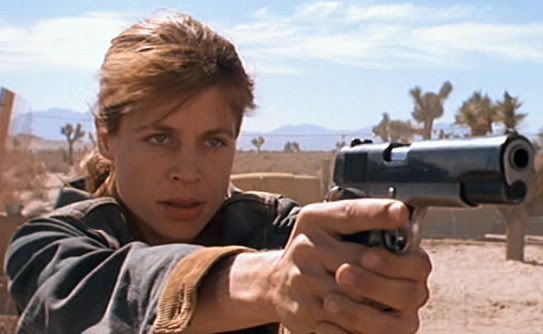The new one from Russo, in paper edition only...
Pulitzer Prize winning author Richard Russo is trying to stop progress or, said another way, reverse recent history. He's decided to boycott the ebook edition of his newest collection of stories (You can get the exciting story here) in favor of only paper versions (Go to hell all you trees!). Russo feels that in doing so he will become the savior of the ever failing independent bookstore. Hey Russo, where were you when the behemoth Barnes and Nobles and Border's bookstore giants were crushing the itsy bitsy independents? Oh, you were doing book signing tours for them, right? Course you were.
In any case, Russo claims that lots of authors will eventually give up their ebook editions in order to follow his crusade. Wow, Richard, we're all holding our breath. I wonder how many paper copies Russo will sell regardless of giving up ebook sales? I can bet it will be a lot. Certainly more than the average mid-list author who usually won't earn enough back on paper sales to make up his or her advance. But now with ebooks being all the rage, and having great books available at affordable prices to young people who are devouring them on their e-readers, many authors can make a good solid living again. I know, I'm one of them.
Sure, all my books are published in paper, audio, and e-book, and yes I publish with a major publisher (Thomas & Mercer) and with at least two, small, independent publishers (including StoneHouse and StoneGate Ink). Like a writing professor of mine once said, "I lust publishing." Me too! Heck, if there were a way for a book to be published over a smart phone, I would lust that too. Oh, wait, you can get all twelve of my in-print books on a smart phone. You can read plenty of Russo's books that way too.
I wonder if the entire literary intelligentsia is going to jump on the Russo, "Let's go back to the olden days when authors had to struggle to be published and hardcover books cost $30 a piece?" I wonder if the MFA programs and the literary wanna-be NYT newspaper reporters will join in? Not likely. Then they'd have to stop the electronic versions of their papers appearing on their Nooks and Kindles. I wonder if the bookstores Russo is trying to save will give up the antiquated old fashioned system of book returns or stop pulling new books from the shelves after only six weeks? I wonder if they will give up their Internet connections, their Google searches, their smartphones, their Pandora and their Sirius radio in order to support musicians who want to see a return to vinyl records and cash for each single played on the air?
Ok, my point is made.
Mr. Russo, I have the utmost respect for your talents, but please don't encourage other authors who have not won a Pulitzer to follow in your footsteps. Instead encourage them to sign the paper editions of their books at their local independent bookseller. Not since the 1920s have authors enjoyed so much freedom to publish however and wherever they want without having to suffer horrible humiliation at the hands of the corporate media giants. And make no mistake about it, the untalented ones will fail and the talented ones will persevere and sell, just like always. It's not how the words are published, Mr. Russo, it's the fact that they are being published and that people are reading them again at an affordable price.



